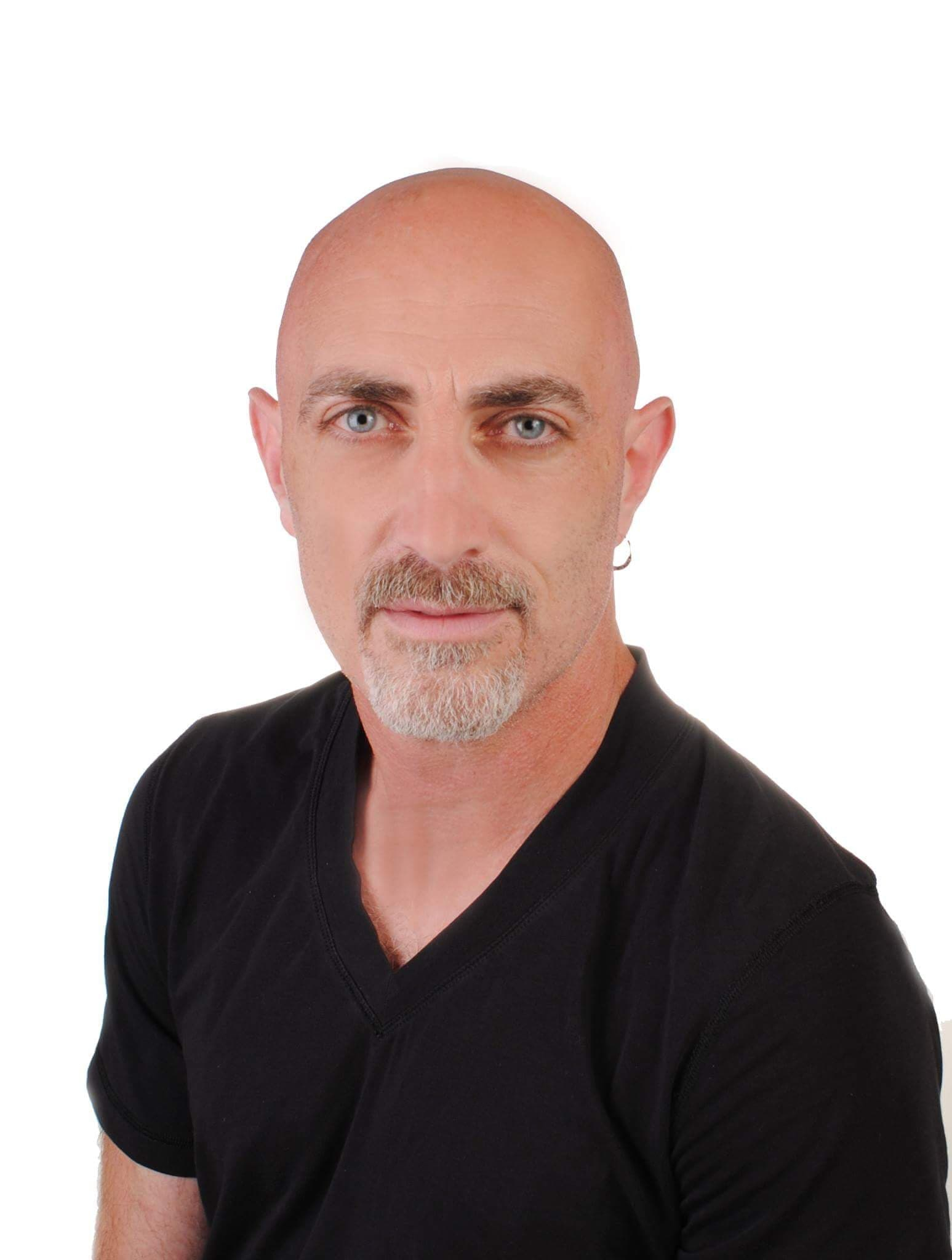While international arrivals to the United States have fallen since Donald Trump took office, no major tourism slump has been observed by Canadian travelers heading south in the past year. The geographic proximity and the long-standing friendship and trade between the two countries has, in the past, made the United States a no-brainer as an easy travel destination for many Canucks. But that may soon change.
Trump’s recent “zero tolerance” immigration policies, which have led to the separation of families and the indefinite detainment of many, escalating tariff tension, and stories from increasingly complicated and over-regulated border crossings where computer and iPhone passwords are often demanded from travelers, seem to have affected more than a few Montrealers who willingly admit to actively avoiding U.S. travel right now. Considering the U.S. status quo, there’s certainly both a moral and an economic case to be made for not crossing that border. And more and more Canadians seem to be reaching that conclusion.
According to a recent survey conducted by Nanos Research for CTV News and The Globe and Mail, many Canadians would be willing to respond to Donald Trump's trade war by boycotting U.S. goods and retailers and avoiding travel to the U.S. The results of the survey, published on July 4, reveal that the majority of Canadians said they are likely (43 per cent) or somewhat likely (29 per cent) to boycott U.S.-made goods and a majority of Canadians said they are likely (57 per cent) to stop traveling to the U.S. in retaliation. That anxiety was mostly felt (73.8 per cent) in Quebec.
While more Montreal residents are choosing to abstain from travel to the U.S., the reasons for their personal boycotts remain as different as they are.
Mass shootings were the final straw for Dan Laxer
Radio announcer and writer Dan Laxer decided a while back that he was taking a break from the U.S. when he became increasingly disturbed by the country’s obsession with gun culture. After the mass shooting at Pulse night club in Orlando, Florida, in 2016, Laxer wrote a scathing column for a local publication, the Montreal Times, declaring that he was done with America for a while.
“That’s it. I’m done. I’m turning my back on you, America. And yes, it has everything to do with Orlando; the Pulse Massacre was the last straw for me,” he wrote exactly two years ago. “I’ve had it with your sick thing with guns, and your willingness, whatever your politics, to pretend it doesn’t exist.”
Writing that column was difficult for Laxer because he has family in the U.S. and they are Republicans, but he stands by his decision. Trump’s recent immigration policies have only confirmed it.
“The policies offend me deeply,” he says. “They display a cruelty I never expected to see in the ‘Land of the Free.’ And for the administration to try to use religion to justify it is unconscionable. We're seeing something new and dark in America's soul that began to creep in during the Trump campaign and shows no signs of abating. Until things change, I'm staying away.”

Christophe Horguelin boycotting in solidarity with Muslims
Montreal editor Christophe Horguelin made the decision to stay away shortly after Trump’s new presidency, in the spring of 2017 when the first reports came of trouble for Muslim Canadians.
“It was a moral stance, in solidarity with Muslims who endure a lot here in Quebec and Canada as well,” he says. “Afterwards, the Trump presidency kept dishing out more reasons for me to wait him out.”
Horguelin intends to maintain his boycott until the end of Trump’s term. “If there’s a second one, I will have to see.”
His girlfriend and her two daughters are traveling to Kennebunk, Maine at the end of the month, but he’s staying put. “It’s difficult to miss spending time at the beach with family, but it’s only for a few days and we’re planning more holidays elsewhere.”
Horguelin is quick to confess that part of his reason for staying is a self-preserving one. Worried about increasing data-mining by U.S. border personnel, he doesn't feel particularly comfortable dealing with their security. Horguelin is encouraged that the movement to boycott the U.S. is picking up speed right now because of Trump's attack on trade, Prime Minister Justin Trudeau, and "us" overall as Canadians, but wonders why there wasn't more initial solidarity with Muslim Canadians, as if they, too, weren't part of the "us" to begin with.
Talia Jackson boycotting, but only partially
Hairstylist and mother of three, Talia Jackson is experiencing that mix of defiance and ambivalence so many Canadians are currently feeling.
“We usually spend every other summer weekend in the U.S. visiting my in-laws, but we had no plans to go this year at all,” she says. She and her husband decided they would stay away this year after Trump slapped major tariffs on Canadian products.
“Then I realized that this is sad for the small farms and businesses that we visit. These are hard-working, everyday people, whom we have grown to love. Instead, we are opting out of doing any kind of major shopping down there. We do a lot of groceries and back-to-school shopping down there and will refrain from any of that this year.”

Jérémie McEwen's boycott is a small way to express his dissent
For Jérémie McEwen, a philosophy professor at College Montmorency in Laval and a radio commentator with Radio-Canada, this boycott has been a long time in the making, but the U.S.'s recent immigration policy, where children were being separated from their parents, is what he felt required a moral stand from him.
"Retrospectively, I see it as drawing a line," he says. "The immigration policy may be more recent, but it's essentially been going on for a long time, with the travel ban, and for me it's just a small way to express my disagreement with the policy. I just don't want to be there for the time being."

Even though McEwen has family in the United States and his decision did put a bit of strain on the relationship at first, they eventually understood and respected his decision.
"I feel uncomfortable crossing the border or even being in the country at the moment," he explains. "I was recently in Atlanta and I could actually feel the tension and my gut feeling is telling me not to be in the States right now."
While McEwen feels it was important for him to voice his opinion ("I just canceled my trip to the United States and I encourage others to do the same," he tweeted on June 22 in French), he's not judging people who continue to travel to the U.S. "It's a conundrum and I'm not one to judge. But for myself, I needed to make that decision and voice it."
Je viens d’annuler mon voyage aux É-U cet été. J’encourage tout le monde à faire pareil.
— Jérémie McEwen (@jeremiemcewen) June 22, 2018
He feels that any form of protest can pick up steam and become something powerful. "It's nice to see that people are uniting around this idea."
Virginia Champoux empathizes with migrant parents
Virginia Champoux, a marketing manager and mom to two adopted Chinese daughters originally had every intention of heading to the U.S. to vacation this June before her girls headed out to summer camp, but she quickly changed her plans when she saw what was happening on the news. Offended by Trump’s ‘zero tolerance’ immigration policies and the way families were being separated at the border, she saw no reason to spend her money supporting a country whose government policies she didn’t approve of. Her daughters being of Asian heritage gave her additional pause.
"My daughters were born in China, have a different last name than I do, and their father has passed away," she explains. "Even at the best of times, crossing the border, especially by car, has required extra questions, extra documents (adoption papers, death certificate, citizenship card, etc.) because, for some reason, a Canadian passport, with my name on it as their mother, is not enough."
When she heard from other parents of non-white children about extra questioning and about parents being taken to a different room from their teenagers to be asked questions separately, she was no longer sure she wanted to put her kids through something like that for the pleasure of a short trip.
"As I was debating, my kids who are 12 and 15, were watching the news about migrant children being separated from their parents," Champoux says. "They understood that this would not happen to them, but they were also aware that they had suffered effects from being in orphanages when they were young. They had a lot of empathy for the children held away from their parents. We discussed it and we decided that we did not want to support this in any way, and that staying out of the U.S. would be a small form of protest in support of those children.

Instead of heading to the U.S. as originally planned, Champoux and her girls opted for Toronto, Niagara Falls, Canada’s Wonderland and a trip to visit a friend in Windsor.
"I had thought about taking a short trip myself later on this summer alone, without my children, but at this point, the only thing I can do to protest Trump is to not spend a penny in the U.S., so I won't be crossing the border until the immigration issue is resolved, and maybe even until he is out of office."
It remains to be seen whether this newfound defiance to Trump's policies and increasingly hardball attitude towards one of the U.S.'s major trading partners will become more commonplace among Canadians, or be an isolated and temporary movement, but for now, these Montrealers — whether for moral or financial reasons — are comfortable looking at alternatives to U.S. travel.
Follow Toula Drimonis's columns, and get more context. Buy an annual subscription today using the promo code TOULA, and you'll get 20% off.
It is in so many ways a great
It is in so many ways a great country, but their blood thirsty foreign policy and addiction to gun culture keep me north of 49. I would also refuse to have my cell phone searched at the border just as a matter of principle and privacy.
Good article. I have made
Good article. I have made this decision as well to show my disgust with Emperor Trump and I was accused of overreacting. Even though, I would not be bothered it just would seem to damper my mood for travelling. I would probably have to make concessions if I had to work or visit family but since these facts don't apply to me, I can take a pass. It is a better form of protest than a total boycott of US products which would be difficult to do. Now if there were other reasons such as a lack of environmental, labour, and safety standards for its workers in addition to being a Trump supporter then I would definitely go for it.






Comments